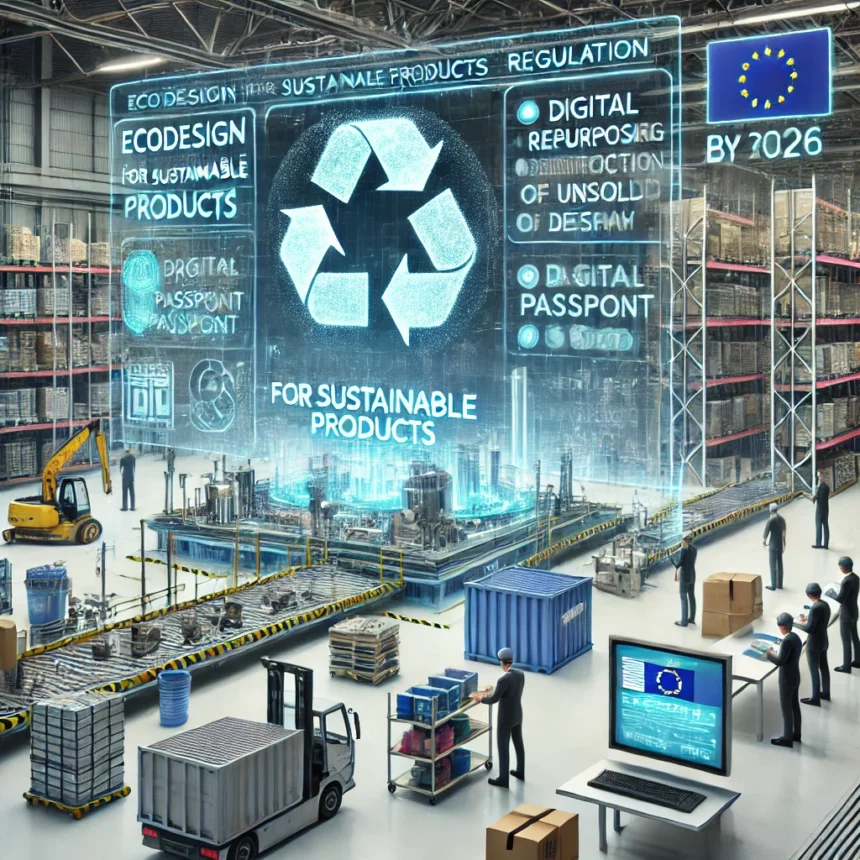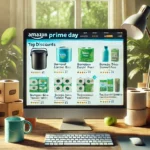Does your business manufacture goods sold in the EU?
Do you supply or distribute goods into the EU?
Are you a dealer offering or displaying goods in the EU?
Are you an online marketplace offering goods for sale in the EU?
If you answered “yes” to any of these questions, you need to know about the new Ecodesign for Sustainable Products Regulation (ESPR).
What is the Ecodesign for Sustainable Products Regulation?
The Ecodesign for Sustainable Products Regulation (ESPR) is part of the European Green Deal and the Circular Economy Action Plan. This legislation aims to make products sold in the EU more sustainable by improving their longevity, repairability, recyclability, and energy performance. It also ensures the free movement of sustainable products within the EU.
Key Points of the ESPR
- New Framework: Sets ecodesign requirements for specific product groups over time.
- Scope: Applies to most physical goods sold in the EU, except food, feed, and products for defense or national security.
- Priority Products: Focuses on iron, steel, aluminum, textiles, furniture, electronics, and energy-related products.
Major Changes Introduced
1. Digital Product Passport
A new Digital Product Passport will provide information about a product’s sustainability. This passport will be accessible to everyone in the supply chain, from consumers to customs authorities. The goal is to enhance the traceability of products.
2. Ban on Destruction of Unsold Goods
The ESPR aims to reduce environmental waste by banning the destruction of unsold textiles and footwear. This ban will initially apply to large businesses, with small and medium-sized enterprises being phased in later.
3. Online Marketplaces’ Responsibilities
Providers of online marketplaces will need to ensure that the products they sell comply with the ESPR. They must also cooperate with market surveillance authorities and may have to remove non-compliant products from their platforms.
4. Green Public Procurement
The ESPR will set new mandatory green public procurement requirements. This aims to drive demand for sustainable products through public spending.
5. Ecodesign Forum
A new Ecodesign Forum will be established to consult with stakeholders and develop new product rules.
6. Commission’s Working Plans
The European Commission will publish a working plan within nine months of the ESPR coming into force. This plan will list products and measures to be assessed.
What Should Businesses Do?
The new rules come into effect in July 2026, giving businesses time to adapt. Here are some steps to prepare:
- Stay Informed: Keep an eye on the European Commission’s updates and working plans.
- Compliance Plans: Start integrating the new requirements into your compliance processes.
- Sustainability Focus: Consider how your products can meet the new ecodesign requirements.
- Engage with the Ecodesign Forum: Participate in consultations to help shape the new product rules.
Conclusion
The Ecodesign for Sustainable Products Regulation is a significant step towards a more sustainable future. It not only benefits the environment but also provides opportunities for businesses to innovate and lead in sustainability. Make sure to prepare your business for these changes and contribute to a greener economy.
















